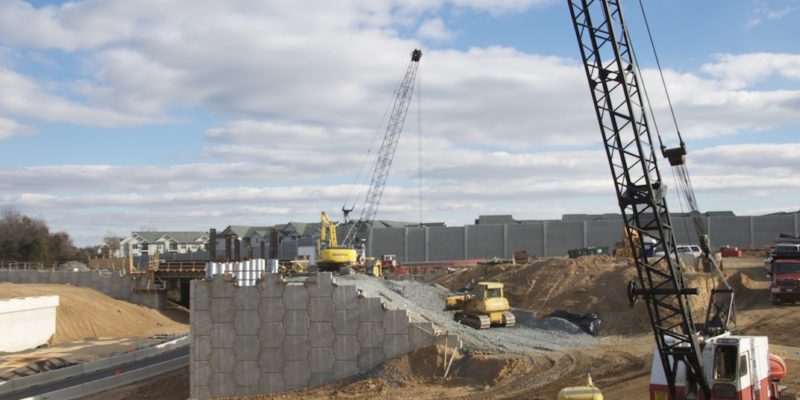Press Releases
SEP 05, 2017
New York, September 5, 2017 – Blackstone (NYSE:BX) today announced that its dedicated infrastructure business has adopted a Responsible Contractor Policy that includes an agreement to cooperate with the North America’s Building Trades Unions (“NABTU”) to include “responsible contractors” in the bidding and selection process for its investments. Through this policy, Blackstone will promote fair benefits, wages, working conditions, and training opportunities for construction workers on projects for Blackstone’s dedicated infrastructure business.
In May, Blackstone announced the launch of its dedicated infrastructure investment vehicle with an anchor $20 billion commitment by the Public Investment Fund of Saudi Arabia. Blackstone anticipates that, over time, the program will have $40 billion in total equity commitments in a permanent capital vehicle, including $20 billion to be raised from other investors. Overall, through the equity in this vehicle and additional debt financing, Blackstone expects to invest in more than $100 billion of infrastructure projects, principally in the United States.
Sean Klimczak, Senior Managing Director and Global Head of Blackstone’s Infrastructure business, said: “Rebuilding our country’s aging infrastructure will create badly needed jobs with good wages and benefits for construction workers throughout the United States. At Blackstone, we have a strong track record of responsible engagement with workers, their labor union representatives, and the communities in which we invest. We are proud to partner with the NABTU in this effort because we believe a fairly compensated and well-trained workforce is critical to producing high-quality infrastructure projects that help drive local economic growth.”




